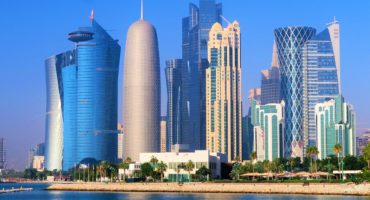
Why high net worth investors in the Middle East are shifting to sustainable investments and Islamic Finance
There is a “strong shift” towards value-based investing, especially among high net-worth (HNW) investors in the Middle East region, where strong religious, cultural, and social values remain deeply entrenched, according to a survey conducted by global wealth and asset manager Lombard Odier.
The survey highlighted a significant overlap between Islamic and sustainable finance, since both involve acting ethically and responsibly.
Moreover, the overwhelming majority of HNW investors surveyed, regardless of age, stated that they want to reflect traditional Middle Eastern values in their investments.
Commenting on the findings, the Partner Holding Privé and Head of New Markets at Lombard Odier, Arnaud Leclercq, said: “The results of our survey are very encouraging, demonstrating that HNW investors have already taken steps to integrate their Islamic beliefs via Shariah-compliant strategies, and want to learn more about investing sustainably.
“Investors also plan to increase those allocations, illustrating a growing awareness that they can play an important role in driving positive social and environmental change.”
Sustainable investments and Islamic Finance in focus
When it comes to sustainable investing, 81 percent of regional HNW investors stated that they already take sustainability and ESG into account when making investment decisions.
Environmental protection and decarbonisation continue to move up the policy agenda across the region and investors want to play their part.
Importantly, investors recognise a link between performance and ESG factors, with 72 percent of respondents stating that they believe sustainability factors can generate superior returns.
Respondents expressed a need for more clarity and advice from specialists on how to invest sustainably, stating a desire to receive regular research on sustainable investment ideas (78 percent) and portfolio sustainability benchmarking (77 percent).
The results are a clear indication that financial institutions in the region need to provide more guidance to help investors express their ESG-related values.
Only 29 percent of respondents said they were very satisfied with the service that they currently receive from their banking partner and around half (58 percent) are quite satisfied.
They have already taken significant strides to integrate their Islamic beliefs via Shariah-compliant strategies and plan to increase those allocations.
According to the survey, 67 percent of Middle Eastern HNW investors state that observing Islamic investment principles is important to them.
There is strong appetite for this type of investment, with Sukuks and Islamic loans being the two most favoured Shariah-compliant asset classes in the region.
Private equity follows close behind the above classes, with almost a third (30 percent) of investors surveyed reporting an interest in private equity that complies with Islamic finance principles.
This type of asset allocation therefore remains essential for regional investors, offering a means of gaining exposure to growth opportunities across a wide range of business sectors.
The survey revealed that Shariah investing is also important to younger investors, with 54 percent of 18-40 year-olds investing accordingly for some of their assets.
This is reinforced by the larger Shariah-compliant asset allocation among the younger generation, who allocate on average 52 percent to Shariah investments vs 48 percent for those aged 40 and upwards.
This is expected to increase to 60 percent in the next five years for younger investors, compared to 56 percent for older investors, the survey findings highlighted.



